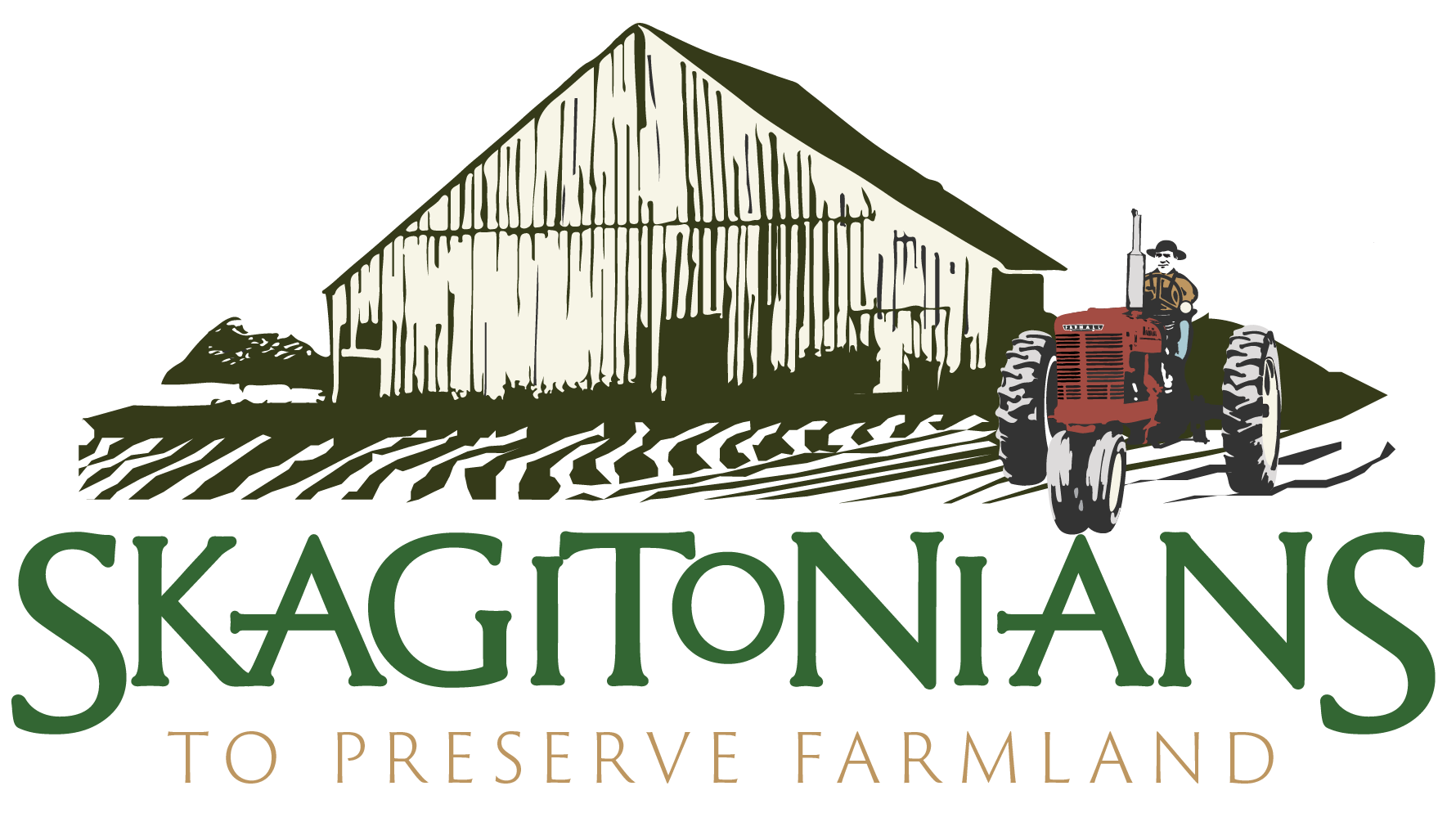The Dirt Issue #53 - Washington Farm Bureau
2020 is the centennial year of Washington Farm Bureau (WFB). Founded just one year after its national organization, the American Farm Bureau Federation, the WFB today consists of 25 County Farm Bureaus. Skagit County Farm Bureau was among the earliest formed in the state.
There were a scattering of local farm bureaus from as early as 1911, but the movement gained traction as US agriculture underwent rapid and far-reaching transformation in the early days of the 20th century. A heightened interest in new science-based agricultural techniques, the expansion in output made possible through mechanization, and the intoxicating boom years of agricultural exports during World War I found many farmers and ranchers overextended and deeply in debt when the war was over and revitalized European production shattered the market for US exports. With so many forces at work, farming was changed in ways that would have been unimaginable at the beginning of the century.
By 1920, US agriculture had transitioned from subsistence farming to a major industry. In the minds and hearts of the farmers and ranchers concerned, the interests of that industry were not being given the respect and consideration they deserved. The way chosen to remedy that situation is clear from the new group’s statement of purpose drafted in 1920: The purpose of the Farm Bureau is to make the business of farming more profitable, and the community a better place to live. Farm Bureau should provide an organization in which members may secure the benefits of unified efforts in a way which could never be accomplished through individual effort.
Congregate, Educate, and Make Equal
Like its predecessor organization The Grange (The National Grange of the Order of Patrons of Husbandry founded in 1867), the early days of the Farm Bureau had a strong emphasis on social and educational engagement. Much of the latter served to disseminate new methods of livestock care and crop production developed by agricultural colleges, experiment stations and county extension agents. In addition to education and according to the WFB, “Many early battles for the Farm Bureau were to ensure that rural citizens enjoyed the same benefits as their city cousins. This included rural electrification and telephone access, but other goods and services were also needed at competitive prices.” It wasn’t long before the Farm Bureau started down the road to its present status as “one of the most respected member services organizations in the agricultural community.”
Perpetuate and Protect
Within the first decade of its existence, the American Farm Bureau Federation along with state and county Farm Bureaus joined with other agricultural advocacy groups in creating a powerful political presence at every level of government. Widely recognized as a potent lobbying group, the Farm Bureau is often referred to as The Voice of Agriculture. Today, the local WFB characterizes itself as “a voluntary, grassroots advocacy organization representing the social and economic interests of farm and ranch families at the local, state and national levels. By providing leadership and organizational skills, Farm Bureau seeks to gain public support on the issues affecting farm and ranch families.” This focus results in actively campaigning to conserve policies that enhance agricultural output and resist those that may hinder that output. Each year the WFB develops a Public Policy Agenda as a list of issues to pursue through the Washington State Legislature. The 2020 list includes: 1) Protecting farmers from burdensome taxes, fees and regulations; 2) Guaranteeing environmental regulations are scientifically sound, practical, non-conflicting, and agriculturally productive; 3) Ensuring a stable, legal workforce; and 4) Ensuring access to water.The reasons behind the need for a strong lobbying presence are explained by the financial news site businessinsider.com when referring to American farmers, “They make up less than 2% of the US population, but their work has a dramatically disproportionate effect on the country’s economy.” To underscore that impact, consider these statistics from the Washington State Department of Agriculture: 1) Agriculture is 12 percent of Washington State’s overall economy; 2) Agriculture is the State’s second largest export category; and 3) Washington State is the third largest food and agriculture exporter in the United States. It’s no wonder that the Washington Farm Bureau and its County Bureaus work hard to maintain their status.
Supporting Members through Business Services
From its very beginning the character of the Farm Bureau has been to provide services tailored to the specific needs of the agricultural community. Among the first, and still very important services, was insurance. From fire and vehicle insurance to crop insurance, farmers had a reliable source that deeply understood their particular needs. Today, just a partial list of the many services available through the Washington Farm Bureau include the Farm Bureau Bank, Country Financial for both insurance and investment services, and WFB Healthcare. WFB also offers extensive training workshops such as “Ag HR Bootcamp,” a course to instruct individuals responsible for human resources in an agricultural setting in how to navigate their way through laws and regulations that are often unique to agriculture.
100 Years and Stronger Than Ever
The Farm Bureau has honed remarkable organizing skills at local, state and national levels keep its interests front and center over 100 years. Despite the near constant change in US agriculture, what was true in the beginning continues to hold true today. The American Farm Bureau Federation, Washington Farm Bureau and Skagit County Farm Bureau are “advocates for farm and ranch families through good times and bad in the belief that a more prosperous agriculture contributes to the well-being of all Americans,” (fb.org).
